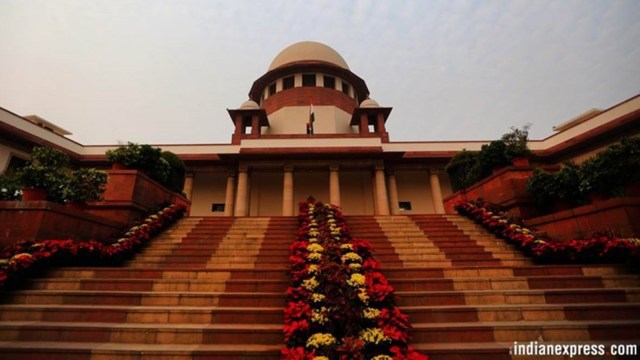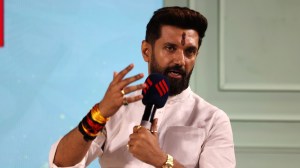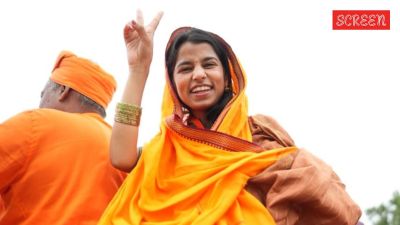Supreme Court verdict on sub-classification of SCs and STs today
A seven-judge Constitution bench presided by Chief Justice of India DY Chandrachud had on February 8, 2024, reserved its judgment on the reference made to it.
 Reserving its decision, the top court had said that not allowing the sub-classification will lead to a situation where the “advanced among” them “would grab all benefits”.
Reserving its decision, the top court had said that not allowing the sub-classification will lead to a situation where the “advanced among” them “would grab all benefits”.
The Supreme Court will pronounce its judgment Thursday on the question whether sub-classification of Scheduled Castes and Scheduled Tribes is permissible for the purpose of reservation.
A seven-judge Constitution bench presided by Chief Justice of India DY Chandrachud had on February 8, 2024, reserved its judgment on the reference made to it.
The bench also comprised Justices B R Gavai, Vikram Nath, Bela M Trivedi, Pankaj Mithal, Manoj Misra, and Satish Chandra Sharma.
Reserving its decision, the top court had said that not allowing the sub-classification will lead to a situation where the “advanced among” them “would grab all benefits”.
The bench is examining if its 2004 judgment in EV Chinnaiah vs State of Andhra Pradesh in which it was held that Scheduled Castes formed a homogenous group and hence there cannot be any sub-division among them, need a relook.
The bench is also examining the validity of the Punjab SCs and Backward Classes (Reservation in Services) Act, 2006 which provided 50% quota and first preference to Valmikis and Mazhabi Sikhs in public jobs within the quota meant for the SCs.
In 2010, the Punjab and Haryana High Court struck down Section 4(5) of the Punjab law as unconstitutional, one of the grounds being that it violated the judgement in the Chinnaiah case.
The respondents have argued that there cannot be any such sub-division.
The Centre backed the sub-classification and said it “furthers the actual purpose behind reservation”.
The Centre said that “if the aim of the State and the Constitution is to provide parity, equality of opportunity and social and economic mobility of the backward classes/castes in need, enabling of sub-classification would ensure that benefits are extended to persons more in need of the said benefits by carefully apportioning the reserved quota within the reserved class”.
Hearing the matter, the Supreme Court had remarked that those among the backward castes who had benefited from it should now move out of the reserved category and make way for the more backward among them to avail the benefit of the affirmative action.







